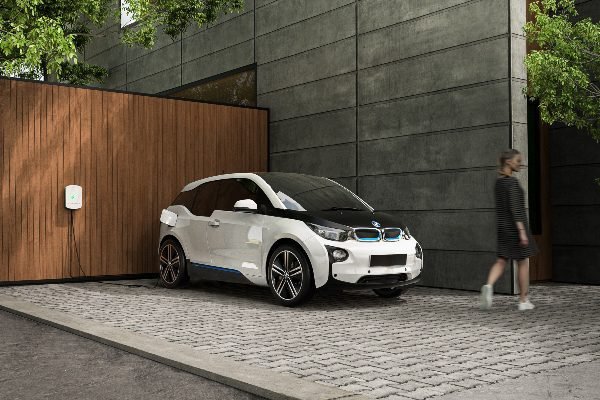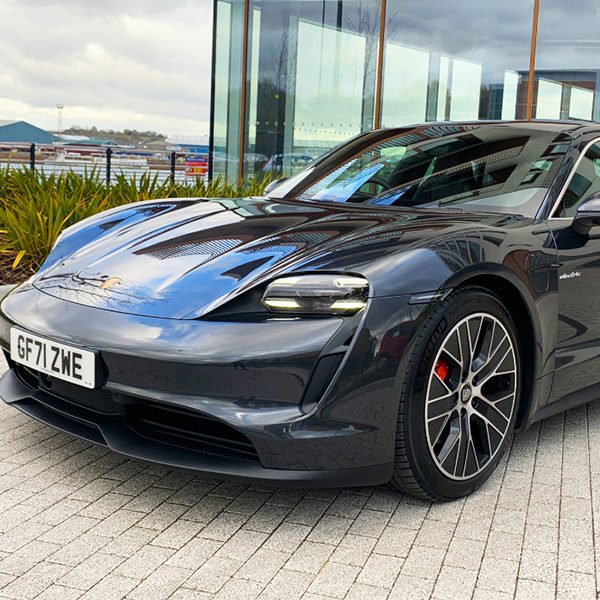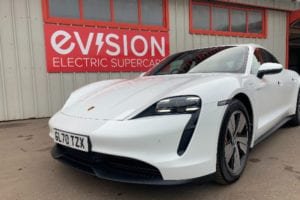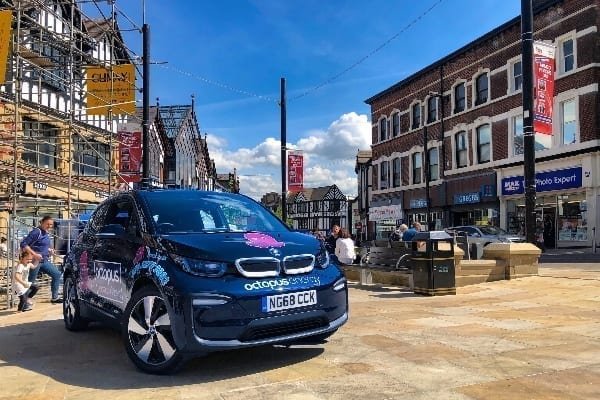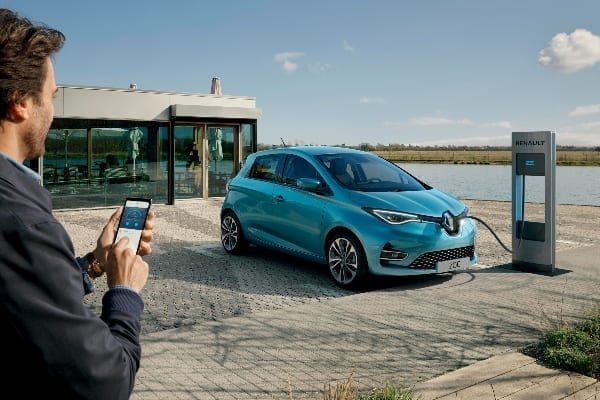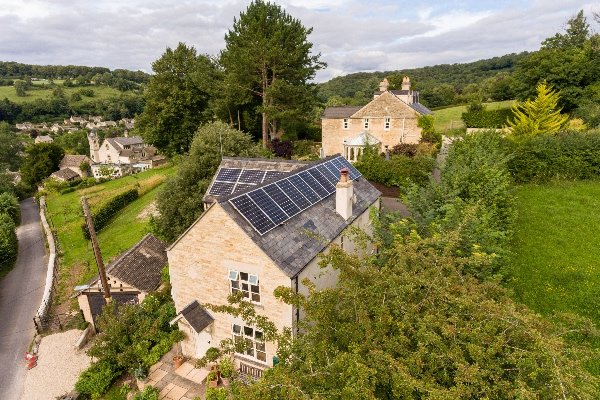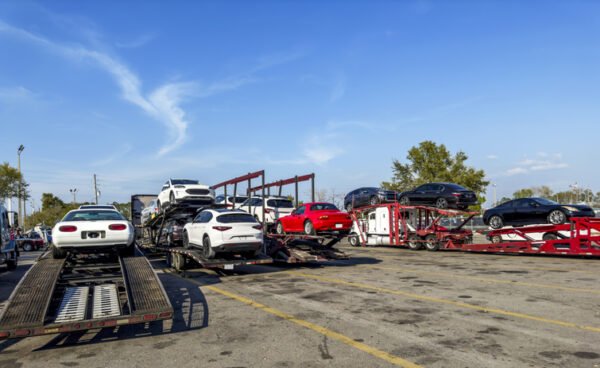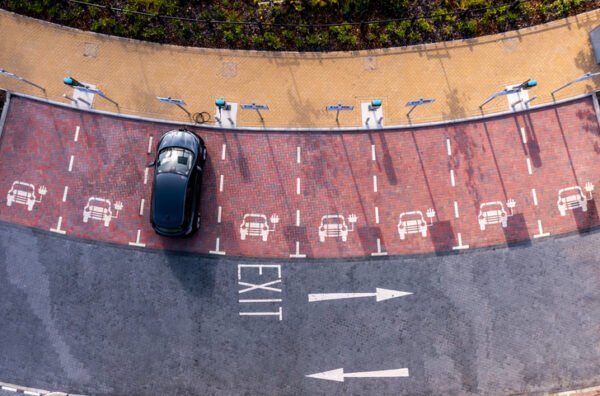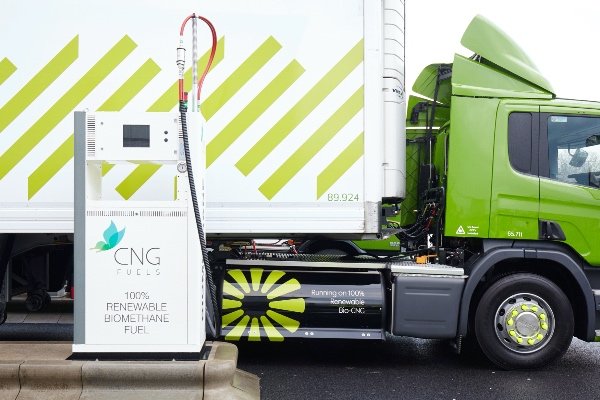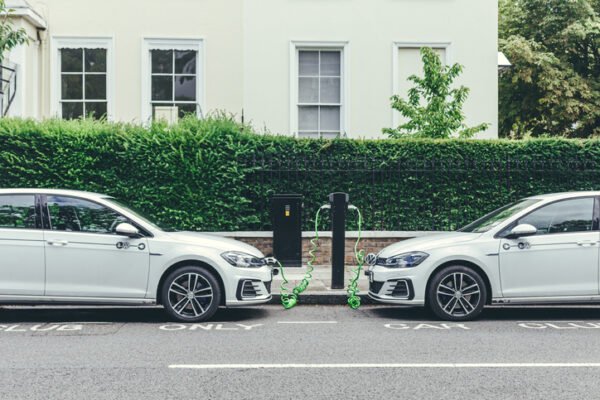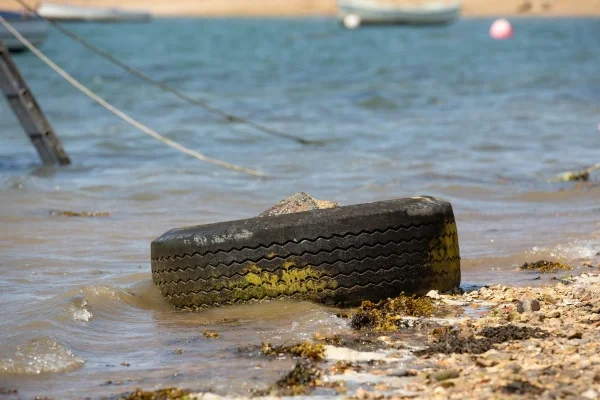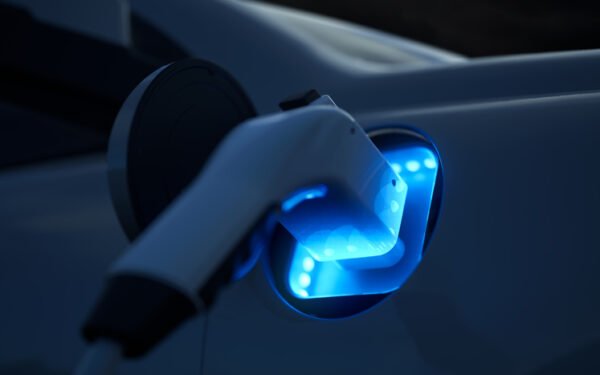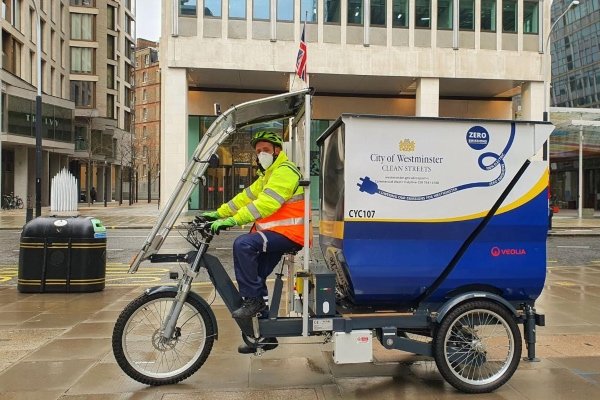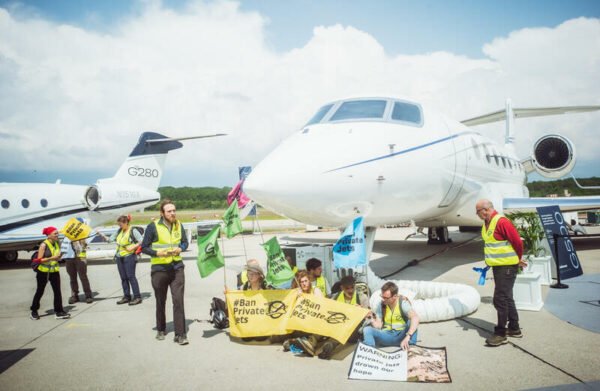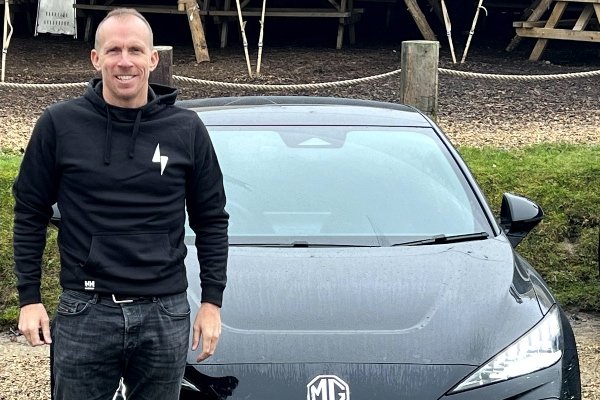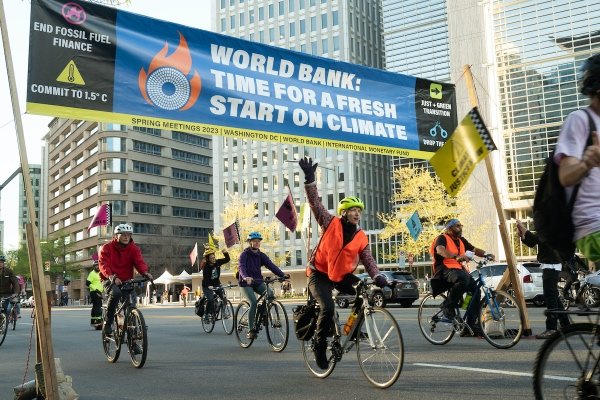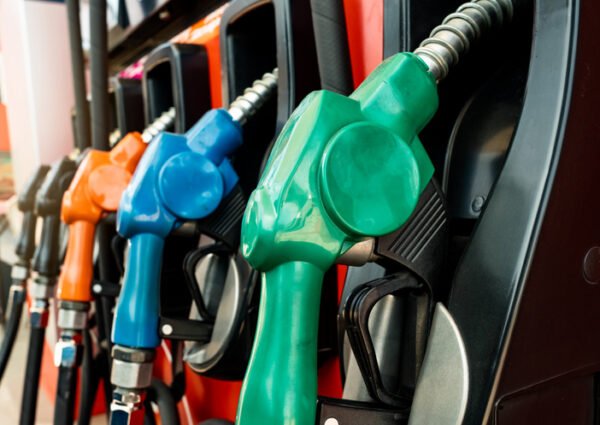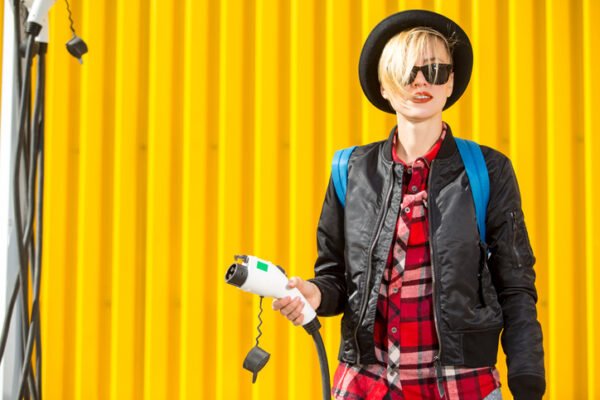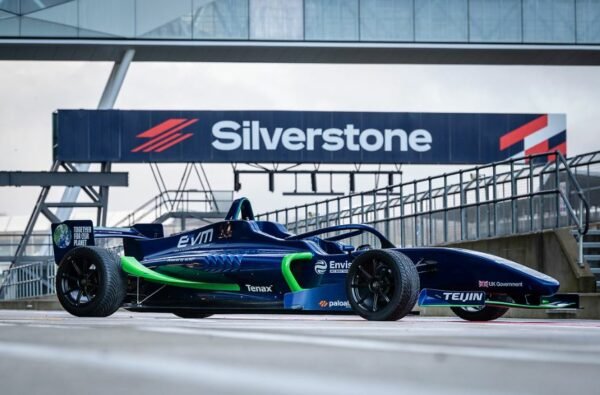We also need to radically rethink how we use our cars; the average car is parked for 23 hours of the day and, where electrified, it is effectively a battery on wheels. At a national scale we’ll have one giant storage resource to balance our clean power grid, and the charger is what will connect our energy and transport systems.
One of the exciting things about that is that it is a worldwide transformation, but one that is highly localised and personalised.
A people-powered revolution
When we talk about solving problems on local grids we need local solutions. It’s intelligent control of the battery in your car that’s going to help keep the lights on in your neighbourhood, charging with a local surplus of renewable power and supporting your local energy system.
So while each charger forms part of a giant intelligent network, the result is highly local.
EVs also put control back into people’s hands. If I asked you how much you’ve spent on petrol in the last three years, or how much you used last Wednesday, would you be able to say? In the age of electrification, distribution, information and data, you can.
Intelligent software enables us to quantify how much we’re saving from going electric, visualise how much carbon we’re saving and, with smarter energy tariffs, even who and where we’re buying the power from. Software means consumer empowerment.
To create a service we can really get excited about in the clean energy transition, we need powerful platforms. Accessible and intimate customer service, just-in-time manufacturing and same-day delivery can all be powered by software.
The future is electric
It was just 10 years ago that I had my first ride in an electric car: a G-Wiz, one of just 5,000 sold globally.
Purple and yellow and made of plastic, you could fit in the back seat if you sat sideways, and it could drive 50 miles on one charge, at up to 50mph.
Electric cars have come a long way since and are now faster, better to drive and getting cheaper than their petrol and diesel counterparts. However, they’re just one piece of our electric future.
2021 has already been dubbed ‘the year of the electric van,’ but we’re talking about so much more than that.
The market leaders in driverless car technology are proposing ‘level 5’ autonomy from 2022 – that means driving with hands off the wheel, eyes off the road, reading a book.
Aviation and shipping are responsible for 12% and 3% of transport emissions and rising fast, but fully electric car ferries are already operational in Europe, with ‘mega chargers’ on either shore charging their batteries between legs. China is piloting fully electric container ships.
150-seater electric aircraft are touted for 2030, and Norway has banned short-haul fossil-fuelled flights from 2040.
Even more excitingly, flying pizza delivered by zero-carbon eVTOL drones for last-mile delivery services is being piloted in the United States, while in the UK supermarkets are trialling wheeled delivery robots. Our first driverless aerial taxis for public use are planned for the middle of this decade.
Air travel today is all about long distances, large jets, large airports and a guilty conscience. In future it could be a complex network of many smaller vehicles with rooftop walk-on/off services.
If it moves it can be electrified, and as the world goes electric only truly smart charging can balance a 100% clean power grid.
To keep accelerating the switch to clean power and providing products people love, we need to focus on powerful software, intelligent design and user experience – made in Britain.
 Play Video about This Rock Might Just Save The World
Play Video about This Rock Might Just Save The World Play Video about Play 2 hours of rock
Play Video about Play 2 hours of rock Play Video about Play 2 hours of brook
Play Video about Play 2 hours of brook Play Video about Play 2 hours of sheep
Play Video about Play 2 hours of sheep

















